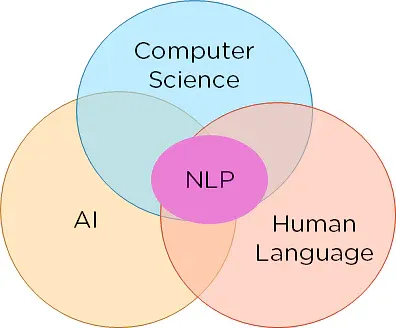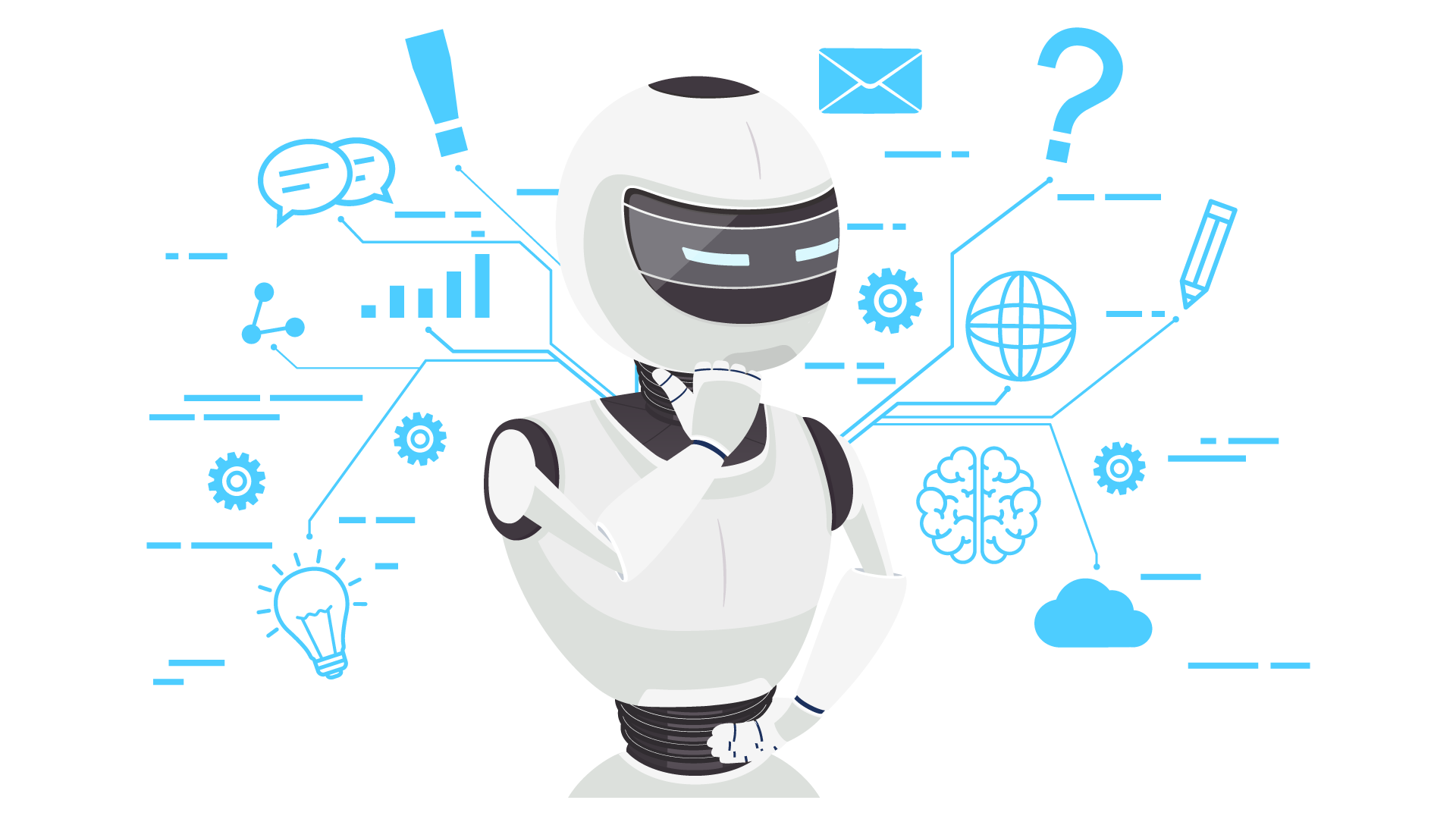ChatGPT: Disruptive Technology

ChatGPT and Google are two of the most popular platforms used by businesses today. While both offer powerful tools to help companies manage their operations, there are key differences between them that should be considered when deciding which one is right for your organization. These days you will see people confused with the comparisons being made between Google Search and ChatGPT to see which one is better for use.
The primary difference between ChatGPT and Google lies in how both technologies handle the data. The main purpose of Google Search is to look for information that matches the input query. Whereas, ChatGPT is a conversational AI-based system that generates text-based responses engaging in conversations to provide details, explanations, and descriptions on the topic.
ChatGPT is an innovative Natural Language Processing (NLP) technology that enables users to have conversations with virtual agents. NLP is a field of computer science, artificial intelligence, and computational linguistics that focuses on the interactions between computers and human (natural) languages.

This cutting-edge technology utilizes a deep learning model based on the GPT-3 algorithm, which was developed by OpenAI and allows for more effective interactions between humans and machines. With ChatGPT, users can engage in natural conversation with virtual agents about any topic they desire without having to worry about programming or coding knowledge.
It also offers real-time feedback so it can be adjusted according to user needs quickly making it highly efficient compared to other NLP technologies available today. Additionally, its open-source nature makes it easy for developers of all levels of expertise to use while allowing them the flexibility needed when building their own customized solutions using this powerful toolset.
A Few Use Cases
ChatGPT can be used to generate human-like text and engage in natural-sounding conversations with a wide variety of use including healthcare, academics, customer service, e-commerce platforms, chatbots for websites and applications, etc., providing automated support services that are both fast and accurate.

Startups
Startups can use ChatGPT to quickly and easily generate related content for their websites and social media accounts. This can assist them to stand out from the competition and attract more customers with detailed information. ChatGPT can also be used to generate content for marketing campaigns and other promotional materials, helping startups to get their message out to a wider audience.
Healthcare Sector
Healthcare sector such as hospitals or clinics can use ChatGPT for:
- Administrative tasks such as managing patient records.
- Scheduling appointments automatically through voice commands instead of having patients fill out paperwork manually.
- Providing medical advice based on symptoms provided to its system.
- Helping physicians diagnose diseases quicker and more accurately using artificial intelligence algorithms trained using patient data collected over time from previous visits.
- Providing personalized reminders and notifications to help ensure patients stay on track with their treatments.
- Providing personalized advice to help patients make informed decisions about their health.
Banking Sector
For banks, ChatGPT can be useful to avoid having to wait or remain on hold to speak directly with personnel at a branch office location.
ChatGPT can be used in banks to:
- Answer customer inquiries and provide personalized advice.
- Provide automated notifications about account updates and changes.
- Serve as a virtual assistant that guides consumers in finding accurate information and regarding products and services a lot quicker.
- Automate administrative tasks such as verifying customer identity and managing customer data.
- Provide personalized product recommendations.
- Help customers make informed decisions about their finances.
- Provide simpler and more efficient customer service.
Education Sector
The benefits of students adapting ChatGPT lies in its ability to offer immediate assistance with any subject matter they are studying. By leveraging the power of NLP and machine learning algorithms, ChatGPT can quickly interpret student queries and provide accurate answers within seconds. This is something no human tutor could have done manually and as it required extensive research time spent beforehand.
Additionally, since the bot adapts itself based on the history of each student's query, it will become more intelligent over time which can make future interactions even more efficient with the passage of time and usage.
One major advantage of using this technology is that it eliminates much of the hassle associated with traditional tutoring sessions there is no need to book appointments or wait for the professor's availability and instead in just type your question into ChatGPT will respond to the queries at anytime you need assistance or clarifications about a subject.
--Furthermore, because all conversations are stored securely online rather than being done face-to-face or over phone calls – privacy concerns are virtually eliminated too! All these factors make ChatGPT an ideal solution for busy college/university students who require quick academic support outside their regular classroom environment but don't have access to a physical tutor either due to geographical constraints or financial reasons.
Retail Sector
In the retail industry, ChatGPT can be used for automated queries and even providing product recommendations based on past purchases, and preferences expressed by customers during conversations.
This not only helps retailers increase sales but also builds better intelligence in order to enhance the user experiences with personalized offers tailored specifically for them.
A Few Concerns
Chatbots are becoming increasingly popular as a way to provide customer service, but there are some concerns that come with their use.

The Potential for Misuse/Abuse
If not properly monitored or regulated, malicious users can exploit the chatbot technology to spread misinformation or even commit fraud. Additionally, many people may also worry about privacy issues since most chatbots rely on collecting data from users in order to respond appropriately. This could lead to sensitive information being shared without the user’s complete knowledge or consent which could be detrimental if it falls into the wrong hands.
Plagiarism
Plagiarism is a serious concern that affects students, educators, and the integrity of academic institutions. It occurs when someone uses another person’s work or ideas without endorsing proper credit to the original author. Plagiarism detection tools such as ChatGPT can assist in combating this challenge by providing an easy way for reviewers to detect plagiarized content easily.
ChatGPT utilizes advanced algorithms to analyze the provided text for similarities with existing sources over the internet. This enables in to quickly identify potential cases of plagiarism within the written content. Furthermore, it can provide detailed reports that show which parts of a document may have been copied from external sources so that reviewers can easily determine if any part of a paper has been plagiarized.
Overall, ChatGPT is an invaluable tool for detecting instances of plagiarism within academic papers due to its accuracy and ease-of-use features.
Lack of Emotional Intelligence (EI)
While they may be able to understand basic commands and requests, often at times they may tend to fail when it comes to more complex tasks such as understanding human emotions and responding accordingly. This can lead customers to feel frustrated due to an inability to get what they need from a conversation with a bot instead of talking directly with another person who understands how best to help them out emotionally.
Human Replacement
Another million-dollar question/concern is whether bots will eventually replace humans in customer service roles altogether. Although this might seem like an efficient solution at the first glance, taking away jobs from real people has ethical and social implications that must be taken into consideration prior to implementing the widespread use of automated systems. It is important that any system implemented takes these factors into account so everyone benefits fairly from its usage.
Conclusion
In addition to these applications within specific industries mentioned above, this technology has potential far beyond what we have seen so far which makes it exciting for future development projects across different sectors worldwide.
Overall ChatGPT provides a great platform for businesses looking into incorporating AI into their operations whether through customer service or something else entirely due to its ease of use coupled with high-performance capabilities making it one of the most popular NLP tools out there right now.

